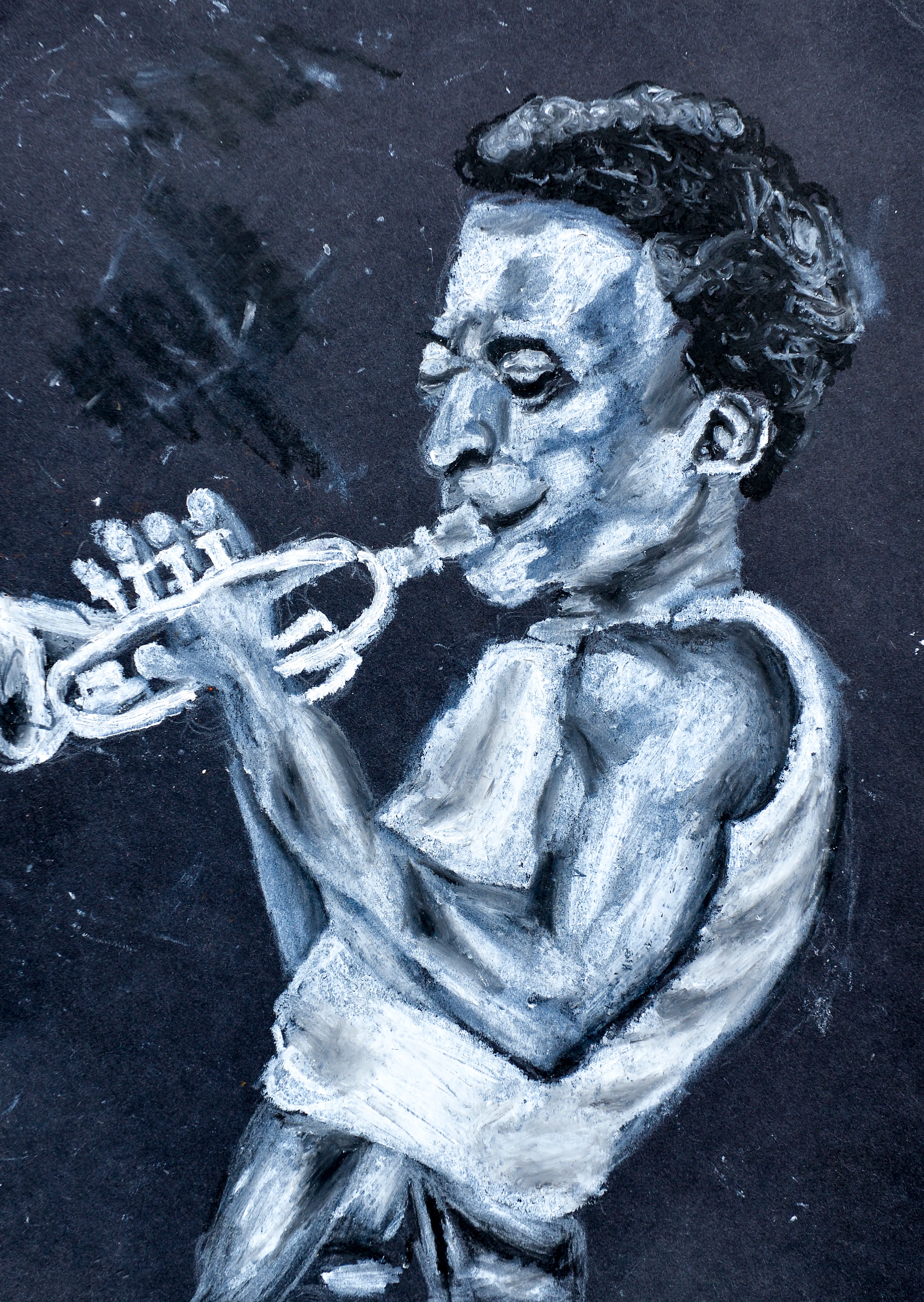
Blues Music and its Strings of Struggle
“Music is more than just a sound”. Leo Arya, LVI, uncovers the origins of Blues music and its place in modern cultures.
Leo Arya
LVI
Artwork by Pearl Hamilton
Senior 9
Music plays a key role in creating positive culture in marginalised communities all over the world. One of the most well-known examples of this is the Blues. Amiri Baraka, who, in his first book, Blues People, explores the experience of African Americans holding on to music during a time when they had extremely little joy and freedom. Baraka explains that the Blues was the response of Africans when they became American slaves; a way of incorporating a piece of home into the foreign land that they were given no option but to work in. The lyrics and soul of the genre unsurprisingly reflect the sheer unhappiness of the slaves. However, the Blues gave slaves an escape from the horrid reality of their misfortune.
Music, in this way, became more than just sound
it was a form of protest, resilience, and storytelling.
The deep-rooted traditions of African music, infused with the struggles of enslavement, created a powerful cultural expression that carried the weight of pain, history, and hope. Even when voices were silenced in daily life, music allowed people to speak. Through rhythm and soul, the Blues gave a voice to the voiceless, providing strength to a community that had been stripped of nearly everything.
Since the end of the Slave Trade in 1865 in the USA, the Blues has continued to grow in popularity, with its lyrics sharing the social inequalities that African Americans faced and continue to face in communities nationwide. The Civil Rights Movement was a key point in the history of the USA and was a time when the Blues grew hugely. Oppression against African Americans was common during the Civil Rights Movement of the 1950s and 60s, and Jim Crow Laws were enforced in the deep South - these meant that African Americans were segregated from white Americans, creating a huge social divide and inequality.
The Blues originated in the Mississippi Delta, in the deep South, where many African American slaves had been forcibly located. However, during the Civil Rights Movement, many African Americans moved north—towards cities such as Chicago and New York. This was because, despite the segregation present in these northern cities, racial inequality did not quite go to the extremes that occurred in the South. During this migration, which was named ‘The Great Migration,’ the Blues popularised hugely and became known globally. Blues artists led by the legendary B.B. King were at the forefront of this growth for their incredible musicianship. But the Blues, again, allowed for social inequalities to be addressed through the lyrics.
Even beyond Blues, music has consistently played a role in movements for justice, from gospel hymns sung in churches during protests to modern hip-hop and jazz continuing the tradition of resistance and empowerment. Despite peaking in the 60s, the Blues still holds influence and popularity today, within the African American community and globally. The Blues reflects the hugely positive impact that music can have, even in times of extremely little hope. Music allows people to come together, feel alive, and escape ongoing challenges. More than just entertainment, it is a force that carries history, unites people, and keeps the spirit of freedom alive.